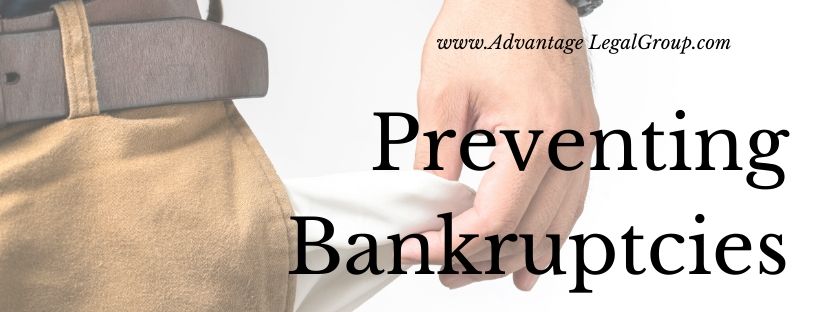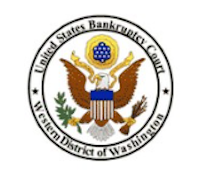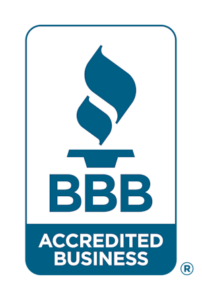
We are in some unusual and unprecedented times right now but that doesn’t’ mean you can’t prepare and still have some time to plan.
People use the phrase “Practice good money management.” However, what does this really mean? Terms like impulse spending, realistic budgeting, and no high-risk investment are not part of the “good practice.” Understanding what is good money management practices can help you in preventing bankruptcies. Bankruptcy might be your only option but there are ways to prevent it.
How do you avoid impulse spending?
- Impulse spending is spending money on anything that is not a NEED. Steps you can take to avoid impulse spending:
- Cut up credit cards so you cannot use your credit.
- Take your credit cards out of your wallet so you have time to think about a purchase you are going to make.
- Ask yourself do I need this item or just want it.
- Can I get this item somewhere else for less money? Is an item available on Craigslist, E-bay, or a thrift store?
- Discipline yourself to use credit only when you know you have money in the bank to pay off the total at the end of the month.
- Tear up credit card offers.
- Tear up credit card checks that your credit company sends in the mail.
- If you have to use credit cards and you are not in a position to pay the total off at the end of the month pay more than the minimums. If you can pay more than you put on the card that month.
- Say you have$ 5000 in debt on a credit card and you bought $500 in stuff this month. Pay $500 plus more when the bill comes. This way you didn’t add anything to the card and if you did pay more then you are on your way to reducing the outstanding debt on the card.
What is Realistic Budgeting?
- Write down what you pay each month for bills: House payments, electricity, garbage, water, natural gas, home insurance, life insurance, medical insurance, car payment, cable, phone, internet, and whatever else is a reoccurring monthly expense.
- Some expenses are every other month like garbage and natural gas. Set aside an amount so that the total bill can be paid when it is due. (If your natural gas bill is around 200 every other month set aside 100 on the month it is not due that will be used in the next month)
- Budget for food, entertainment, gas, and misc. expenses
- Know what your average spending is for food, entertainment, gas, and misc expenses.
- Create a set amount (budget) for each category and stick to it.
- This might take some collecting of receipts or writing down each purchase.
- Some people have taken out money from their paycheck, put it in an envelope, and that is the money for food for the month.
- Whatever will work for you, to stick to a set amount, and do it!
What are high- risk investments and how can I avoid them?
- Don’t incur debt with others who have questionable financial habits.
- If they walk out on a debt your credit rating will be effected
- Co-signing on loan is a high-risk investment – it might be helping a family or friend out but if anything happens to them, you are left holding the loan!
- Interest-only loan payments are high-risk investments. If you can only afford to make an interest-only home payment, then the house is out of your price range.
You may be looking at how to get out of debt and bankruptcy seems like the only way just remember these ideas so you will not have to file for bankruptcy again. Contact advantagelegalgroup.com for more help.
Schedule a Consultation
Additional Financial Resources:
- Better options than a huge down payment
- How long will a bankruptcy keep me from buying a home?
- 8 Smart Money Moves to Make Now
- Are All Debts forgiven in bankruptcy?
- How do I Start a Bankruptcy?
- Is Bankruptcy Embarrassing?





